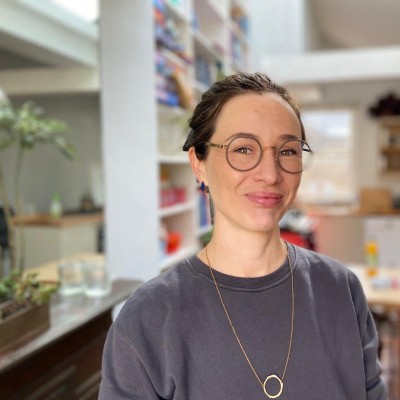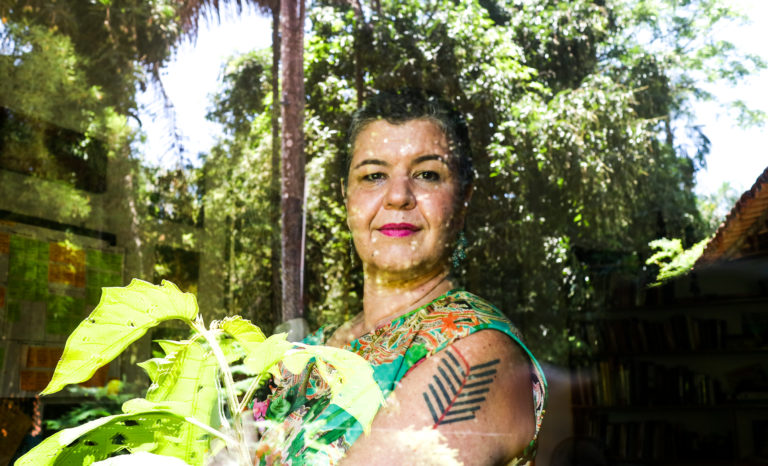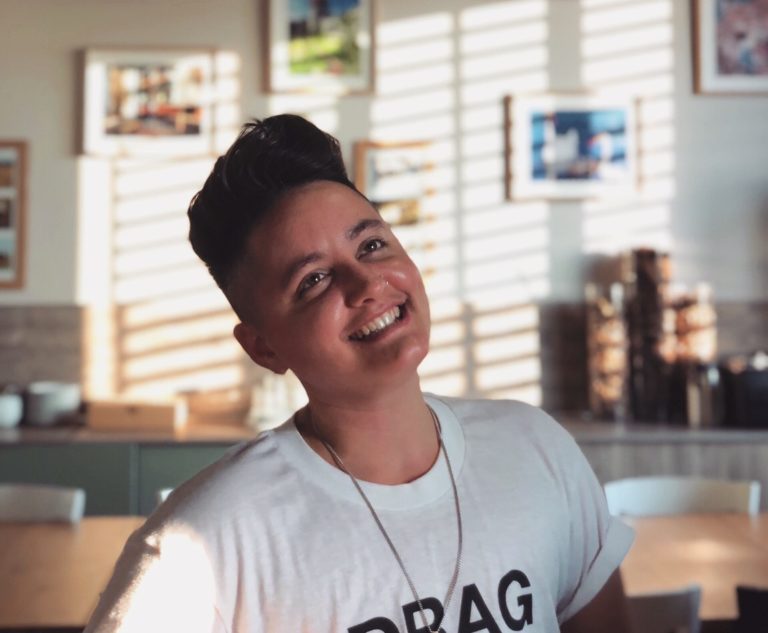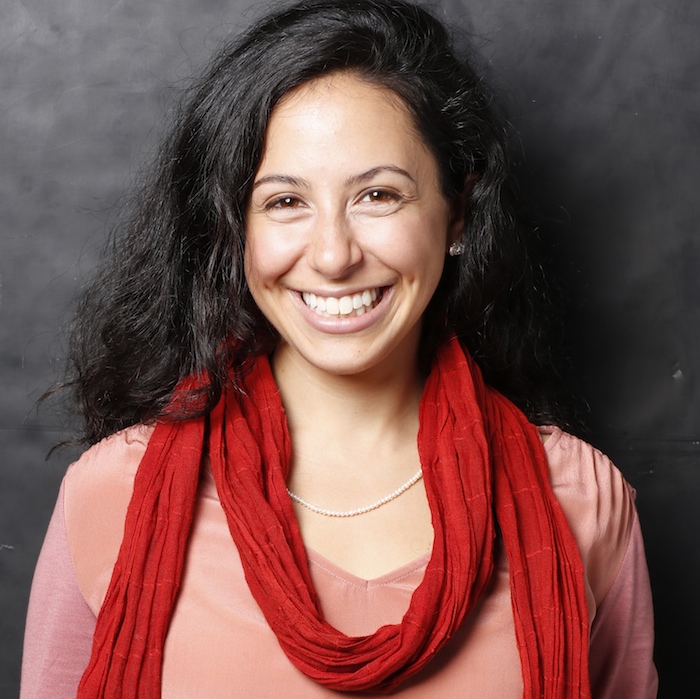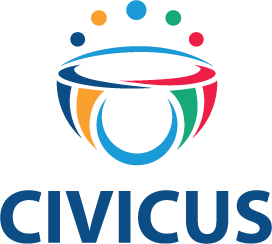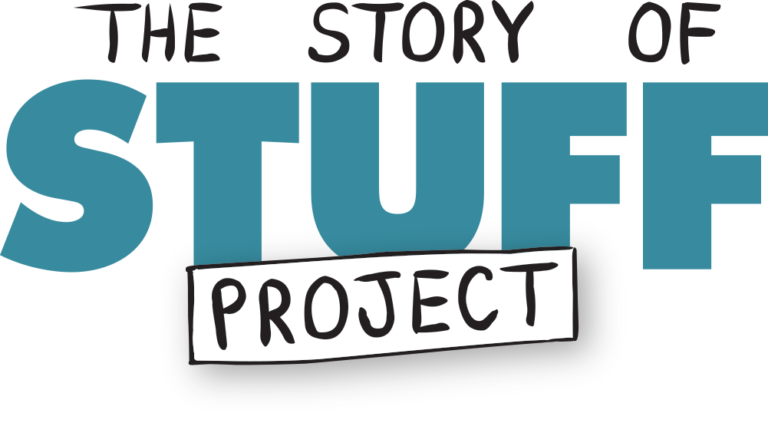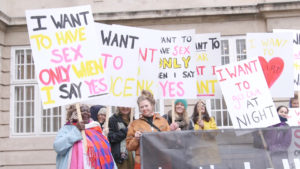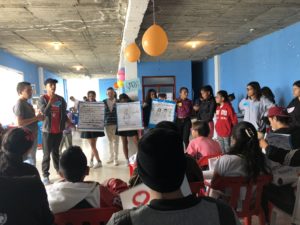What wins lasting change in today’s world? Nimble teams building creative and transformative advocacy campaigns that engage people in meaningful ways.
That’s why we developed the Campaign Accelerator, a collaborative planning process that blends tried and true strategy tools with the best of design thinking, lean start-up principles, and participatory approaches to problem solving. The result? Greater insight, innovation and alignment, leading to greater campaign success.
Getting ready to design your next campaign? A Campaign Accelerator workshop will guide you through the process to deliver a plan.
How It Works
A Campaign Accelerator workshop is typically five days long, during which we support your team to:
- Develop a solid strategy that addresses the root causes of the issue
- Generate and test ideas to engage key audiences
- Foster a collaborative team culture that embraces learning and iteration throughout a project cycle
- Integrate new practices into teams and organisations with established norms
- Deliver an actionable campaign plan.
This is a dynamic process. We brainstorm and experiment. We leave the workshop room and interact with our key audiences. We work together across disciplines and expertise, welcoming diverse perspectives. We adapted the full workshop to run virtually at the start of the pandemic and have have run it with countless organisations globally since then.
Workshop Breakdown

Day 1: Define
On day 1, we explore the problem, our positive vision for the future, and the strategies that might help us get there. We examine root causes and identify ways we could intervene systemically to address the problem. We look at approaches that our organisations could take to create change and develop hypotheses about what might be most fruitful.

Day 2: Sense
On day 2, we deepen our understanding of the people we want to engage. We do this by conducting research and interviews to better understand needs, motivations and barriers. We use the insights generated from this work to further refine our strategy and inform our next step: creative idea generation.
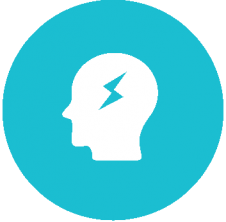
Day 3: Create
On day 3, the team develops campaign ideas based on insights from the previous day. We employ a structured development process based on creative principles and typically invite external guests to maximize creativity. We use agreed criteria to select several testable ideas that put audiences at the centre of our efforts to bring about change.
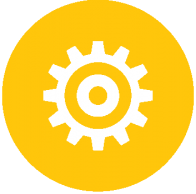
Day 4: Prototype & Test
On day 4, we discover which ideas resonate with key audiences by creating low fidelity prototypes and testing them through field research. By the end the day, we will have selected a strategy, defined the target audiences, agreed on which ideas we will take forward, and identified improvements based on audience feedback.
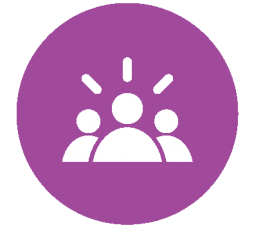
Day 5: Plan
The final day sees the team align around a campaign plan that synthesizes all of our prior work. We develop an outline of the plan, including the story, engagement strategy, and immediate next steps. We define what success will look like and how it will be measured. Finally, we create a timeline with clearly assigned tasks and roles. We also explore how the team will work together to deliver this new plan.
Is This for Me?
- The Campaign Accelerator workshop is ideal for those who are getting ready to plan an advocacy campaign;
- Are part of a multi-stakeholder project, where outside facilitation of a collaborative approach would lead to more productive outcomes;
- Or are a consultant working with an organisation that could benefit from a blend of strategy, cross-team collaboration, and audience-centric thinking.
Want to learn to run the Campaign Accelerator with your own team?
We regularly offer public and private trainings in the Campaign Accelerator process, virtually and where possible in person. Click here to find out more.
Pricing
Workshop costs vary based on several factors, please get in touch.
Meet the Facilitators
FAQs
What sorts of campaigns benefit most from the Campaign Accelerator methodology?
The Campaign Accelerator is most useful for campaigns in the earliest stages of development. That is, projects with the “raw materials”—a challenge, research, an understanding of the context, and key stakeholders—but without a clearly defined strategy and plan are ideal. The Campaign Accelerator also presumes that people power will play an essential role in achieving success.
Who needs to participate in the workshop?
Participants will ideally include the full project team—covering all programme areas—along with immediate managers whose buy-in is vital. It’s also ideal to have some folks who are not core staff in the room, whether that’s volunteers, stakeholders, or members of the campaign audiences who we’ll want to engage.
When and where is the workshop held?
We typically run a Campaign Accelerator workshop from Monday to Friday and can run over two weeks if training virtually. For in-person, we have specific space and location requirements for a workshop to be a success, so please discuss these with your facilitator.
We currently have a preference for virtual training given the on-going global pandemic, but please discuss your needs with us.
Can this happen in a language other than English?
Please get in touch to discuss your language needs. Our facilitators speak a range of languages and we have delivered trainings and we are building out our network to include more languages. So let us know!
What will we get out of the workshop?
Your team will be aligned around an actionable project plan with clear steps for implementation. You will also learn new tools and techniques for producing campaigns that are strategic and innovative and that meaningfully engage your key audiences. Not to mention, this is a great opportunity for teams to learn how to work collaboratively, accomplish something together, and have some constructive fun.
What are some problems that this methodology addresses?
We designed the Campaign Accelerator methodology to address a question that we heard with increasingly frequency from colleagues: “How can I plan a high-impact campaign with people power at the heart?”
Additionally, the Campaign Accelerator resolves or at least mitigates all of these potential issues:
- General boredom with “traditional” or “business as usual” planning processes, which can result in unimaginative campaigns that feel like they’ve been done before
- Strategy developed by a subsection of a team that, even if it makes sense, can’t be executed because the full team doesn’t really understand it
- Campaigns developed where the outputs are completely out of sync with the actual key audiences, as well as the culture and values of the society in which they’re operating
- Campaigns which fail to have the desired impact
- Cultures within teams and organisations that inhibit nimble, creative and adaptive approaches, making the resulting campaigns less successful
Can I learn to facilitate my own version of the Campaign Accelerator?
Yes! We can host a private training in the Campaign Accelerator planning process at your organisation or you can attend one of the several public trainings that we offer throughout the year. You can also check out Campaign Accelerator resources here.
Interested?
Get in touch: accelerator@mobilisationlab.org
Resources
Check out the full collection of Campaign Accelerator resources for instructions, facilitation tips and printable templates for each module of the Campaign Accelerator planning process. An experienced facilitator should be able to run most of the exercises. Many are fairly straightforward, but leading a full process does require practice.
Impact
The Campaign Accelerator has been used successfully by organisations across the world. Here are three of those stories:
- Amnesty International used the Accelerator for a set of campaigns in four different countries combating gender-based violence
- UNICEF has used the Accelerator as the foundation of a series of volunteer program planning workshops across the world
- In 2016, Greenpeace Mexico participated in Campaign Accelerator. We caught up with the team in early 2018 to learn how the process affected their work (in English and Spanish).







